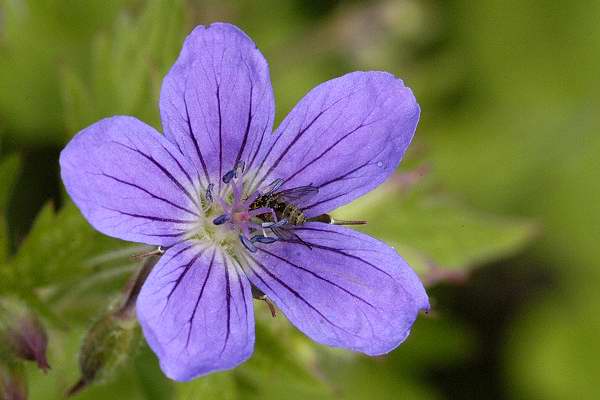 Geranium oils do not contain the stimulant DMAA-MHA, according to new research that once again questions the study often cited by pre-workout and weight loss supplements claiming it does.
Geranium oils do not contain the stimulant DMAA-MHA, according to new research that once again questions the study often cited by pre-workout and weight loss supplements claiming it does.
Geranium. Not a DMAA-MHA source, researchers have concluded. This makes a ban of synthetic DMAA logical. This supplement seem to work well as a supplementation in fatloss appetite surpression, pre-workout booster and also as a "herbal XTC".
After an analysis of the Chinese study (Ping et al), along with geranium oils, DMAA (1,3 dimethylamylamine)-MHA (methylhexanamine) ingredients and four supplements containing them, the researchers concluded the labelling practice was a “marketing ploy”.
The researchers, led by Angelo Lisi from the National Measurement Institute in Australia, also said the status of another “doping agent” called a and b-phenethylamine needed investigating.